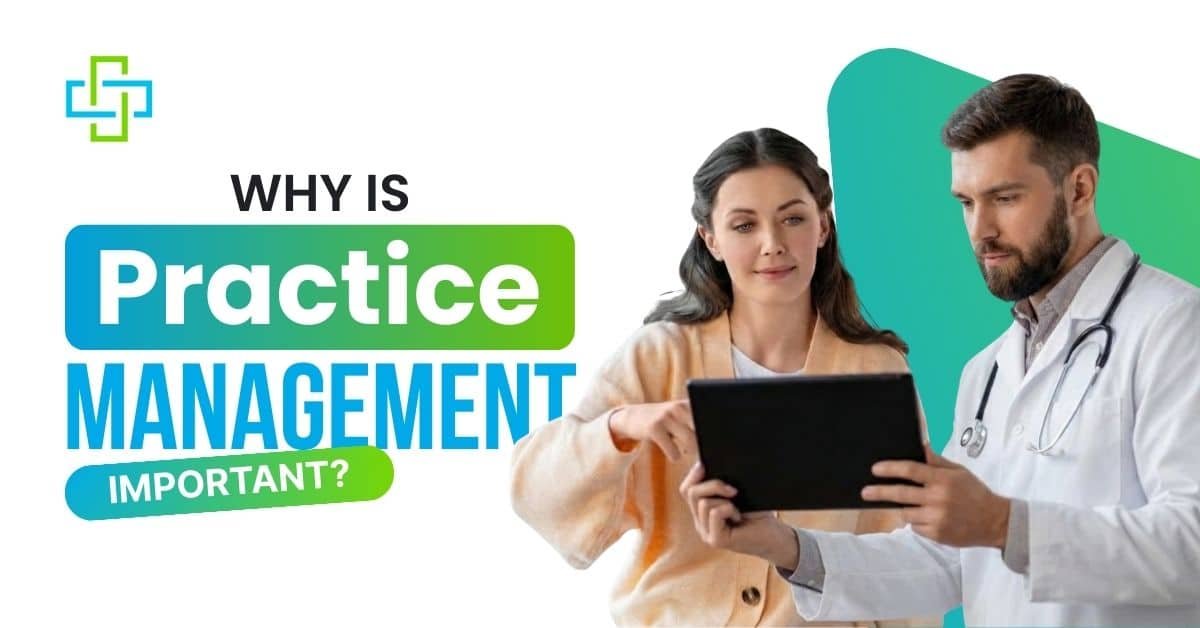Practicing gastroenterology has its own set of challenges like advanced procedures, close documentation requirements, and an expanding patient population. As the demand for digestive health care services grows, so does the need for more intelligent, more efficient ways to handle daily operations.
This is where gastroenterology software is a must.
By 2025, specialty-specific software-invested practices will not just simplify clinical workflows but also enhance patient results and profitability.
Let’s find out what gastroenterology software is and how it can help you in your practice!
What is Gastroenterology Software?
Gastroenterology software is an advanced medical software designed for gastroenterologists and digestive health professionals. It has features such as EHR software, endoscopy report writer tools, procedure templates, billing, and patient management under a single umbrella.
As compared to generic EHRs, this software takes into account the specific nature of GI procedures such as colonoscopies, endoscopies, and liver biopsies so that it can document and code more easily.
6 Key Features of Gastroenterology Software
Below are the primary features that make gastroenterology software distinct from standard practice management software:
1- GI-Specific EHR Templates
Pre-configured templates for colonoscopies, ERCP, capsule endoscopy, etc., that shorten documentation time with accuracy.
2- Endoscopy Report Writer
Rapidly create structured and compliant endoscopy reports with image capture and annotation.
3- Integrated Coding and Billing
Autogenerate correct CPT and ICD-10 codes for lower claim denials.
4- Patient Portal
Empower patients to make appointments, read reports, and message providers.
5- Lab Integration
Quickly interface with labs for exams such as H. pylori, liver tests, and biopsies.
6- Compliance Tools
Assure documentation complies with Medicare and commercial payer needs.
Why Does Your Practice Require Gastroenterology Software?
Generic software systems do not measure up when it comes to managing the complex requirements of GI practices.
Here’s why making the move to gastroenterology software is not a choice but a necessity.
- Enhanced accuracy in procedure reporting and billing.
- Streamlined workflows through specialty-designed templates.
- Better patient communication through integrated portals.
- Fewer claim denials with real-time coding recommendations.
- Data-driven decision making through smart analytics dashboards.
4 Clinical Benefits of Gastroenterology Software
The proper software is not merely convenient. It is about taking the quality of care you provide to the next level.
Here are the 4 major clinical benefits of gastroenterology software:
- Quickly document with pre-formatted GI templates without sacrificing clinical accuracy.
- Track long-term conditions such as IBD or hepatitis longitudinally with guided notes and intelligent alerts.
- Directly upload and mark up images from endoscopy or colonoscopy equipment for improved analysis and reporting.
- Manage prescriptions, drug interactions, and med history easily—especially valuable with complex GI therapies.
Financial Impact and Revenue Cycle Optimization
Let’s discuss numbers. Gastroenterology practices may have high levels of procedures that can create huge revenue if properly billed.
- Integrated GI coding assistance eliminates errors that cause denials or underpayments.
- With gastroenterology software, you’re able to submit claims directly to payers, accelerating the reimbursement cycle.
- Confirm insurance coverage prior to procedures, reducing unpaid claims.
- Monitor KPIs such as average reimbursement, procedure profitability, and denial rates.
By implementing this software, practices have seen as much as a 30% increase in revenue based on cleaner claims and quicker reimbursements.
Role of Gastroenterology Billing Software
Billing is frequently the most problematic area of owning a GI practice. That is why numerous clinics supplement their capabilities using gastroenterology billing software either as part of or as a complement to in-house systems.
The software:
- Pre-codes for GI-related procedures are automatically.
- Warnings for coding inconsistencies before claims go out.
- Works through payer-specific compliance.
- Deals with prior authorization and follow-up.
Implementing this type of billing software maximizes your practice’s collections and decreases its billing inaccuracies.
Major Challenges Experienced by Gastroenterologists
Let’s admit that gastroenterology is intricate.
- Multi-step procedures with pre- and post-visit requirements.
- Hefty documentation burdens.
- Increased patient volume.
- Pressure from the regulatory environment and payers.
- Growing competition for outpatient GI services.
All of these pose challenges both to the quality of care and revenue. Without computer support, processing everything manually creates burnout, inaccuracies, and lost revenues.
How Gastroenterology Software Solves These Problems
From automated procedure notes populating to single-click claim submissions, the software eliminates tasks.
- Includes the most current guidelines from CMS and private payers, reducing audit risk.
- Online check-ins, reminders, and simple report access improve the patient experience.
- Intelligent analytics enable you to see trends such as frequent diagnoses, procedural results, and financial shortfalls.
5 Tips to Select the Proper Gastroenterology Software
Choosing the proper tool is important. Here’s what to seek:
- Select a platform designed specifically for GI care, not a generic solution.
- Ensure it integrates with your lab, imaging system, and pharmacy partners.
- Search for built-in or partnered medical billing services.
- Ensure the provider provides onboarding, staff training, and 24/7 support.
- Cloud-based options provide flexibility, automatic updates, and remote access, which is perfect for multi-location practices.
Integration of AI and Telehealth
The digital-first future of gastroenterology is here. Here’s what’s coming:
- Certain gastroenterology software systems now aid in the detection of polyps during colonoscopy using AI, raising early detection rates.
- Software now predicts patient outcomes from lab results, procedure history, and demographics.
- With virtual visits now mainstream, GI software features secure video platforms and remote care documentation tools.
- Latest releases include text reminders, patient satisfaction surveys, and feedback collection tools to increase retention.
Final Thoughts
Gastroenterology software is not simply another EHR, it’s a total practice makeover tool. From efficient clinical workflows and intelligent medical billing company integration to enhanced patient engagement, this software is changing the way digestive health clinics run. In an industry where a tiny mistake can delay diagnoses or refuse reimbursements, having the proper system makes all the difference.
If you are interested in spending less time on paperwork, getting paid quicker and enhancing your care quality, investing in the best gastroenterology software in 2025 is the best decision you can make.
Need assistance in selecting the best software for your gastroenterology clinic?
Contact us now!





